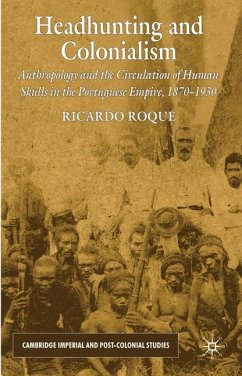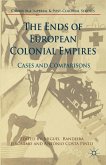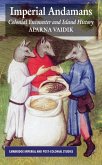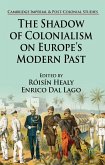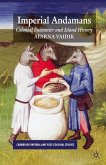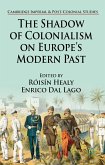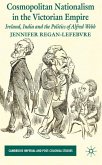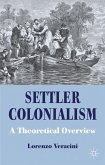An exploration of headhunting and the collection of heads for European museums in the context of colonial wars, from the 1870s to the 1930s. The book offers a new understanding of the mutually dependent interaction between indigenous peoples and colonial powers, and how collected remains became regarded as objects of wider significance.
'The scanty information about the skulls was not a limitation but a challenge for the Portuguese historian Ricardo Roque, who performs detective work of the skulls' trajectory to explore Portuguese colonialism, violence, collecting practices and anthropology.'
- Fenneke Sisling, Bijdragen tot de Taal-, Land- en Volkenkunde
'Roque's Headhunting and Colonialism provides a stimulating and well-conceptualized read. His integration of primary research with theoretical outlooks throws light on historical topics that have generally been neglected in Pacific research. Portugal and Portuguese colonialism in East Timor have received only marginal consideration in historical research. His book thus figures as an important contribution to the fields of colonialism and ethno-geography in the Pacific.'
- Rainer F. Buschmann, The Bulletin of the Pacific Circle
'The book is particularly timely in that it provides an excellent case study of the historical processes that may confuse efforts to determine the provenance of human remains, reminding us of the need for close investigation of provenance before any research or repatriation activities are commenced. [ ] It should be recommended reading for anyone involved in the museum management of human remains and, in particular, for those involved in repatriation.'
- Michael Pickering, The Journal of Pacific History
- Fenneke Sisling, Bijdragen tot de Taal-, Land- en Volkenkunde
'Roque's Headhunting and Colonialism provides a stimulating and well-conceptualized read. His integration of primary research with theoretical outlooks throws light on historical topics that have generally been neglected in Pacific research. Portugal and Portuguese colonialism in East Timor have received only marginal consideration in historical research. His book thus figures as an important contribution to the fields of colonialism and ethno-geography in the Pacific.'
- Rainer F. Buschmann, The Bulletin of the Pacific Circle
'The book is particularly timely in that it provides an excellent case study of the historical processes that may confuse efforts to determine the provenance of human remains, reminding us of the need for close investigation of provenance before any research or repatriation activities are commenced. [ ] It should be recommended reading for anyone involved in the museum management of human remains and, in particular, for those involved in repatriation.'
- Michael Pickering, The Journal of Pacific History

